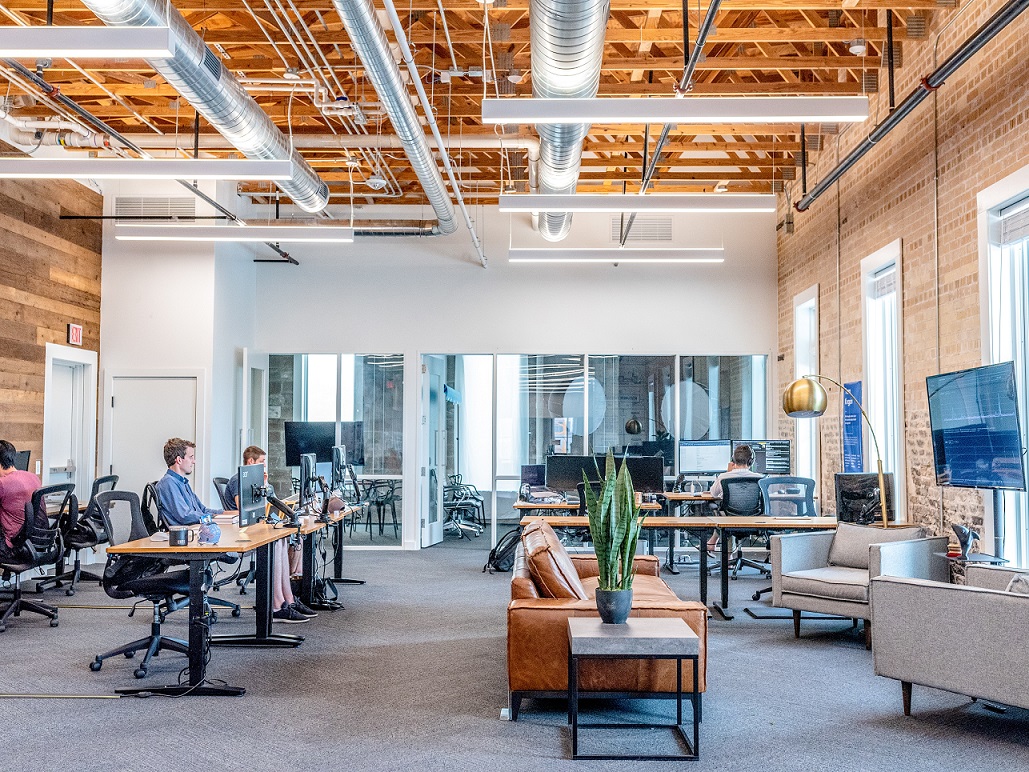Slack has today revealed new research looking into how UK businesses can change their approach to employee experience as lockdown eases, in order to help uphold culture, create flexibility, and maintain productivity. Working closely alongside Chartered Psychologist and Founder of The Career Psychologist, Rob Archer, and to mark the end of Stress Awareness Month, the survey examines the importance of wellbeing for the future of work, and the role which employee experience plays in preserving culture and promoting a healthy workplace.
With figures highlighting that 3 in 5 (56%) workers have experienced burnout (emotional, physical and mental exhaustion caused by workplace stress) since the first lockdown in March 2020, an increased focus on workplace wellbeing couldn’t come sooner.
And employees think so too. A third (32%) of UK workers admit to wanting a more mindful culture, with set work boundaries. Over half (56%) feel that their employer is already making improvements to work culture, through initiatives that promote wellbeing or providing further flexibility.
Over a third (36%) said those companies who offer increased work flexibility when it comes to hours and policies are the most attractive. However, the majority (42%) of employees who have worked from home in the last year are concerned they won’t have the same level of flexible working in the future.
Wellbeing is also a key differentiating factor for businesses, with a quarter (25%) of UK knowledge workers being more attracted to companies who actively fight burnout by being proactive about the mental health and wellness of their people.
Stuart Templeton, Head of Slack in the UK, said: “As stress and uncertainty have increased, leaders have understandably become proactive in tackling issues surrounding the mental health and wellness of their people. It’s very positive that UK employees are already seeing an improvement in their work culture and what their employers are offering—now is the time for businesses to continue on this trajectory. At the end of the day, an employee who is cared for and supported will be inspired to do their best work.
“Business leaders must take employee experience to the next level, in order to benefit from the new post-pandemic trend of hybrid working. They need to take time to connect with people and be more aware of everyone’s physical and mental health. This means creating a culture that champions employee wellbeing and provides workers with the right tools to be productive, both at home and in the new-look office environment.”
The research also revealed how workers have been impacted by burnout and imposter syndrome (a collection of feelings of inadequacy that persist despite evident success) since the start of the pandemic, notably those who joined companies during lockdown. 66% of workers who joined their current role less than a year ago agreed to having experienced burnout. One of the factors found to be associated with this was not feeling supported by or connected to teams, with 31% of people working from home believing it contributed to these feelings of emotional, physical, and mental exhaustion caused by workplace stress.
Technology has a major role to play in how connected and included people feel in the workplace. With less physical connection between people, channel-based messaging and collaboration tools.
Testament to this is how Kooth PLC, a company that provides digital mental health and wellbeing services, is using Slack to improve the wellbeing of both employees and customers.
Stuart Templeton, Slack, added: “Although the pandemic has seen most UK office-based employees become fully remote workers over the last year, 80% of Kooth PLC’s employees have always worked in this way.”
Rob Archer, Chartered Psychologist and Founder of The Career Psychologist, added: “Since the start of the pandemic, many people have understandably experienced higher levels of stress and worry. We know that overall rates of anxiety and depression have risen sharply in the UK, due to many factors including the isolating effects of lockdown and people feeling concerned about the health of themselves, family, friends, and colleagues. Many of those working from home are putting in longer hours, and spending more time in back-to-back video calls every day. This, combined with a lack of variety, has meant that we have seen higher levels of burnout emerging.
“As we return to a new world of work, employers will need to stay focused on championing wellbeing, managing workload, and giving people as much control over their days as they can, using technology in a smart way to help achieve this”.









